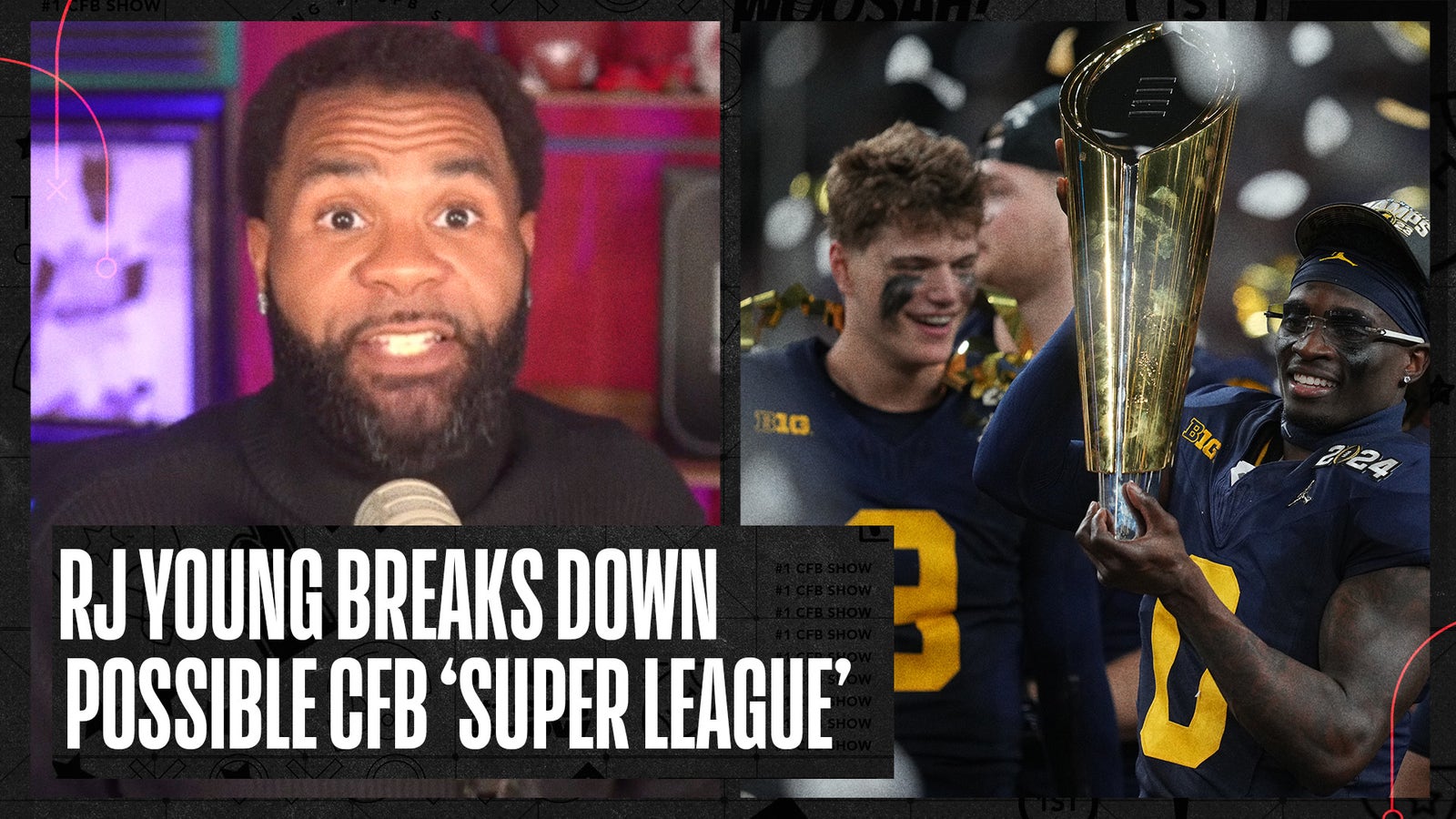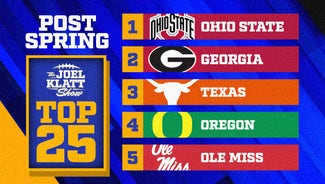





































































































































Is the formation of a college football 'super league' a real possibility?
A college football "super league" has been proposed by a 20-person group known as "College Sports Tomorrow." This proposed league won't work, won't fly and only serves to irritate broadcast partners. But that doesn't mean the underlying idea of creating a new model for major college football doesn't have merit.
"College Sports Tomorrow" (CST), a group led by an NFL executive, an NBA owner, an athletic director and a sitting university president, believe they can make it work, though.
The idea of this proposed "super league" – first reported by The Athletic – is to essentially split the FBS in half, from 130 programs down to 70, with a relegation system for the bottom 10 teams. Will it create parity? Probably not, and parity has never been what the sport has wanted for itself.
This idea, borrowed from the Premier League, also has merit. The most prominent soccer league in the world began with British media executive Greg Dyke offering to pay the five biggest clubs in England — Manchester United, Liverpool, Arsenal, Everton and Tottenham — one million British pounds for the TV rights to their home games if they could get themselves out of the Football league.
Those five expanded to 22, and eventually settled on 20, with the three teams with the worst record getting kicked out and the three best from what would become the lower division of the Premier League, the Championship, being moved up. This model gives hope to an otherwise hopeless smaller team to not just compete with the blue bloods, but make a little more money too. For fans, it's a narcotic, as we will always believe we've got a chance — even when it's quite clear to others that we don't.
The idea of creating a new league built around a new model for revenue-generating and revenue-sharing in college football has merit as well. Coaches and administrators believe the unintended consequences of players making money from their name, image and likeness are nearly untenable. The NCAA has all but completely lost its ability to enforce bylaws its membership once prized.
The outcome of Alston vs. NCAA — in which the Supreme Court ruled that rules restricting education-related benefits violated antitrust laws — could mean universities owe billions of dollars in damages to its labor force, aka the players. That's 152 years of back pay to some. Universities might eventually end up paying players a salary, like they pay coaches. And you could see a college football players union forming, only this time it would have teeth, being involved in collectively bargaining with TV networks, conferences and schools.
For this, a new model is needed, but CST is not likely to dictate what that model would be or who might benefit. Chief among the reasons CST's model will take root is its timing.
The Big Ten, Big 12 and SEC have all agreed to deals with major TV networks, including FOX, ESPN, CBS and NBC, and run through 2030, 2031 and 2034, respectively. ESPN is paying $7.8 billion for the rights to air the College Football Playoff through 2031.
With billions of dollars in live rights spoken for, and the number of stakeholders in the sport continuing to grow, any move to a new form for college football will move slowly and only in the 11th hour when a bill comes due.
There's little incentive for most to change how college football is broadcast or share more revenue. Until that changes, the quagmire we find ourselves in with college football will persist. While West Virginia University president Gordon Gee was right to tell The Athletic college football is "in an existential crisis," individuals reaping millions from the sport have yet to feel the financial crisis that usually follows one of inner conflict and questions of identity, the nature of being present, like Gee.
Money talks, and everyone listens when it does.
The stewards of college football would do well to remember this quote from philosopher Friedrich Nietzsche:
"I know my lot. Some day my name will be linked to the memory of something monstrous, of a crisis as yet unprecedented on earth."
The sport of college football, as many have known it, is gone. Those who adapt quickly and with ruthless intent to do what is best for themselves and the sport will likely set the new model for college football.
RJ Young is a national college football writer and analyst for FOX Sports and the host of the podcast "The Number One College Football Show." Follow him on Twitter at @RJ_Young and subscribe to "The RJ Young Show" on YouTube.
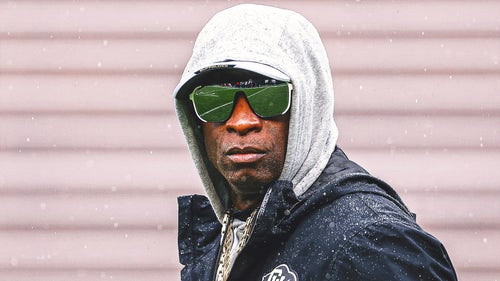
Coach Prime's explanation for social media drama: 'I was bored'

Ex-MLB player Monte Harrison, 28, plans to walk on with Arkansas football
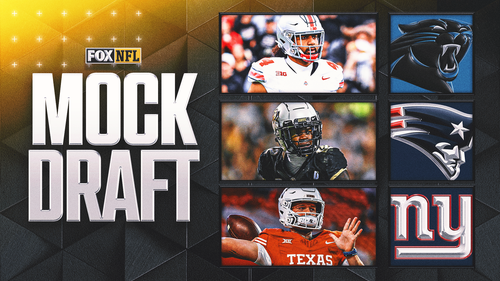
2025 NFL mock draft: Who are next year's top prospects
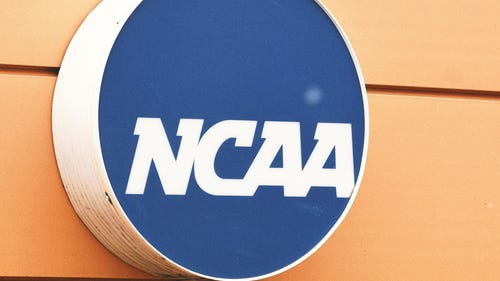
Paying college athletes: How could it work and what stands in the way?
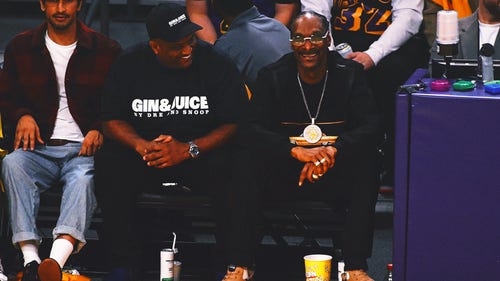
Snoop Dogg becomes lead sponsor of 'Snoop Dogg Arizona Bowl'
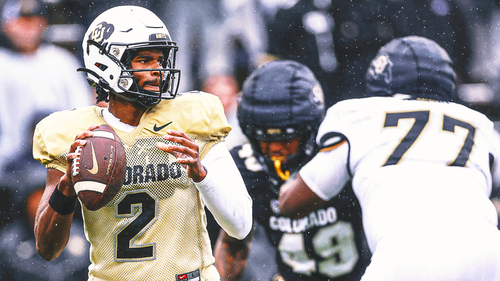
2025 NFL Draft odds: Shedeur Sanders' odds take hit after opening as clear favorite
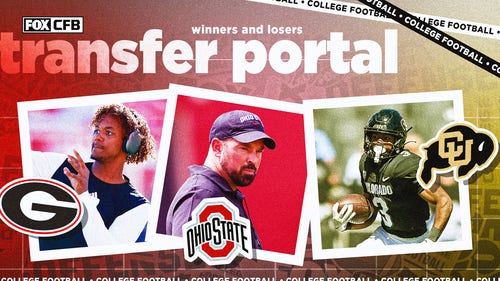
College football transfer portal winners and losers: Ohio State, Colorado headline list
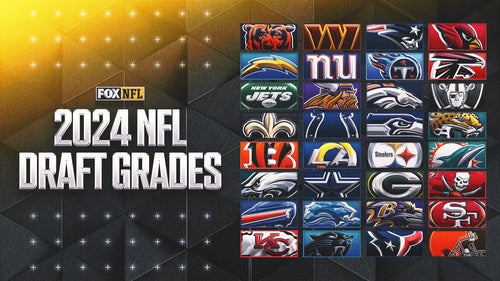
2024 NFL Draft grades: Analyzing all 32 teams' classes; Who gets top marks?
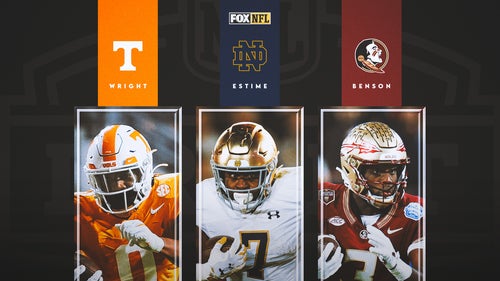
2024 NFL Draft RB rankings: No clear stars, but deep top 10 prospects


Coach Prime's explanation for social media drama: 'I was bored'

Ex-MLB player Monte Harrison, 28, plans to walk on with Arkansas football

2025 NFL mock draft: Who are next year's top prospects

Paying college athletes: How could it work and what stands in the way?

Snoop Dogg becomes lead sponsor of 'Snoop Dogg Arizona Bowl'

2025 NFL Draft odds: Shedeur Sanders' odds take hit after opening as clear favorite

College football transfer portal winners and losers: Ohio State, Colorado headline list

2024 NFL Draft grades: Analyzing all 32 teams' classes; Who gets top marks?

2024 NFL Draft RB rankings: No clear stars, but deep top 10 prospects
